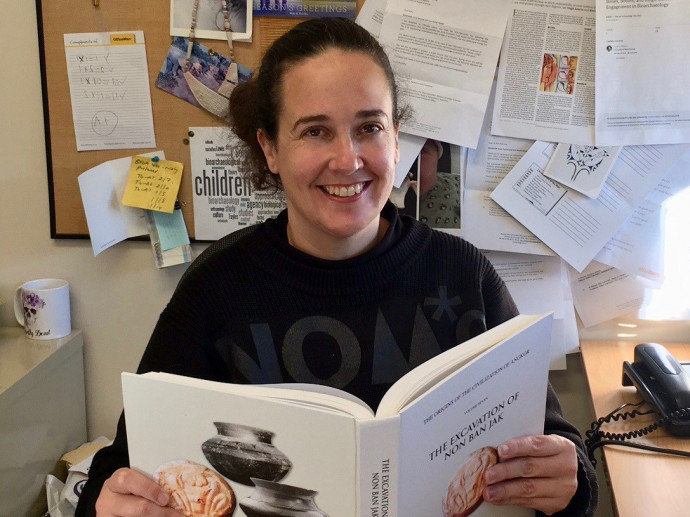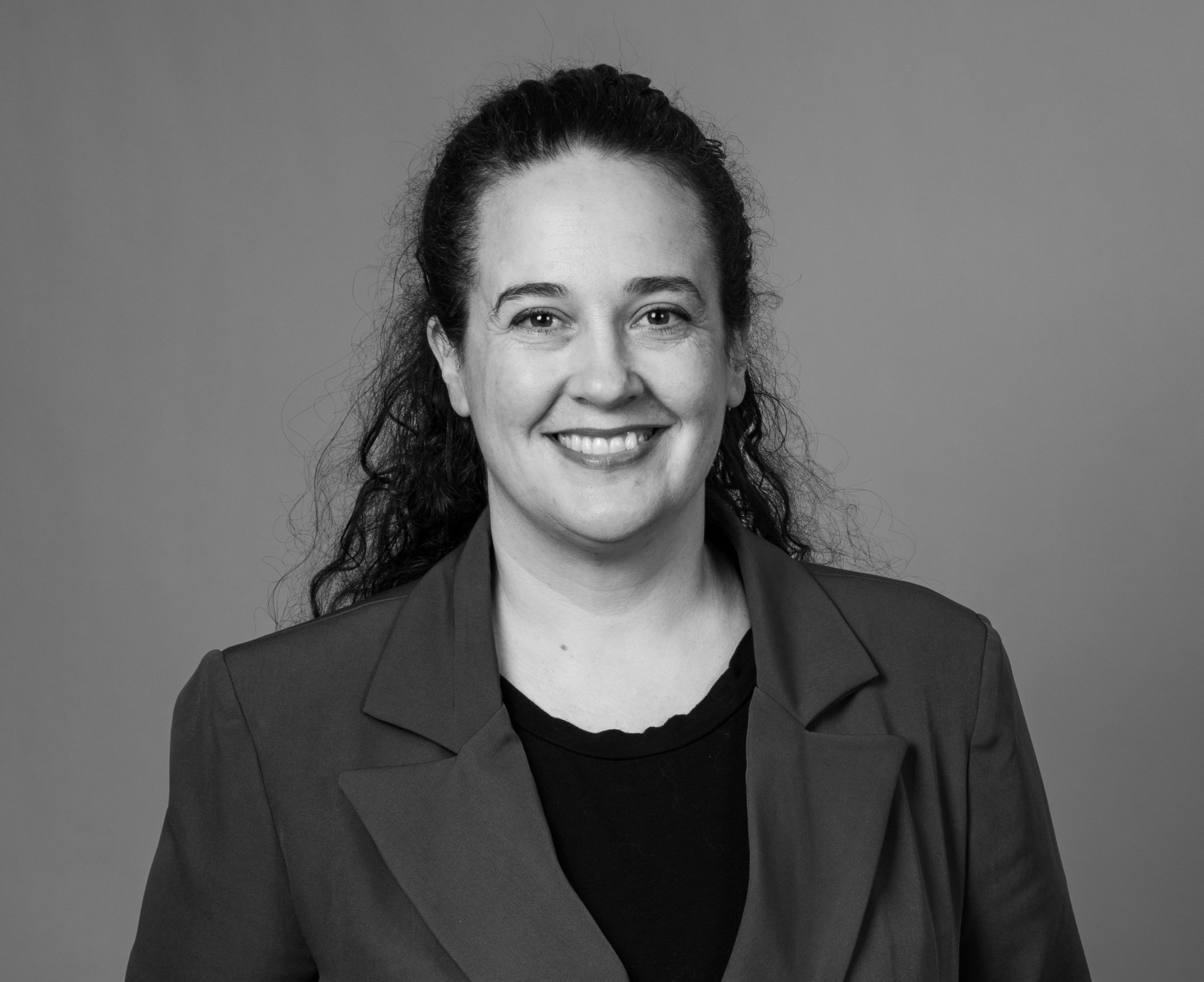Sian Halcrow

2023: Professor Siân Halcrow, from Te Whare Wānanga o Ōtago the University of Otago, has been awarded a James Cook Research Fellowship for research titled ‘Skeletons in the closet: The bioethics of the use, curation, and repatriation of anatomical skeletal legacy collections in Aotearoa and the US’.
Published on 27 Whiringa-ā-nuku October 2023
Biography
Professor Siân Halcrow is an internationally renowned bioarchaeologist. She received her PhD in biological anthropology from Te Whare Wānanga o Ōtago the University of Otago in 2007. She is a pioneer in bioarchaeological investigation, using cutting edge approaches to investigate the lives and deaths of some of the most vulnerable humans of the past: infants, children and women. She has also made significant contributions in the areas of ethics and the use and curation of human skeletal remains.
Professor Halcrow’s honours include election as a Fellow of the Society of Antiquaries (London, 2018), the University of Otago Rowhealth Trust Award and Carl Smith Research Medal, the New Zealand Association of Scientists Hill Tinsley Medal and the Fulbright New Zealand Scholar Award. She is a Director-at-Large of the Paleopathology Association and Co-Editor in Chief for Bioarcheology International. She manages the skeletal analyses on projects in many countries including Thailand, China, and Chile and has collaborated with iwi on projects with kōiwi tangata. Professor Halcrow also engages in advocacy for educational equity for women and girls.

Professor Siân Halcrow. Photo: Supplied.
Research summary
Recent reports that schools in Aotearoa New Zealand were in possession of anatomical human skeletons shocked communities and raised concerns for the cultural health and safety of tauira. Most countries today have legislation and rigorous policies regulating body donor programmes, ensuring informed consent is obtained from the individual and family. Historically though, this has not been the case, with many institutions worldwide amassing anatomical skeletal collections through unethical means, many originating from South Asia. This highlights the ethical complexities in dealing with human remains held by education providers and the critical need for Indigenous-informed approaches to their care.
In this James Cook Research Fellowship, Professor Halcrow will undertake the first comprehensive survey of anatomical skeletal collections in Aotearoa and the United States. She will systematically assess stakeholder perspectives on the use and curation of these collections, and also engage with the public on matters of colonialism and the treatment of people, including their remains.
This research represents an area of significant public interest in Aotearoa and around the world. It is especially meaningful for the Indigenous people of Aotearoa and the USA, who have been harmed through the misuse of their remains for museum display and teaching. The results of this project will inform best practice and aid development of ethical guidelines and policy within Aotearoa, the US and worldwide for use in museums, universities, schools, and other institutions.
